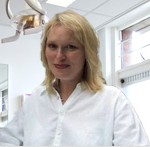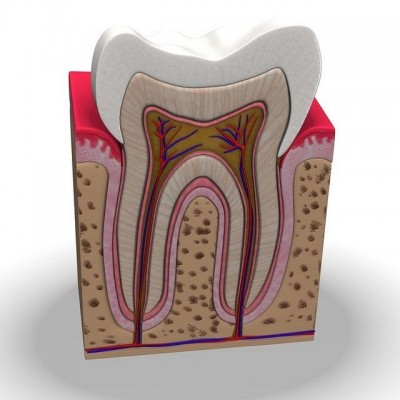What Is Demineralisation, and How Can I Look after My Tooth Enamel?
Published:November 3rd, 2011Demineralisation occurs when minerals are removed from tooth enamel. Tooth enamel is a very hard substance which coats the outer surface of the tooth, and it helps to protect the tooth from decay. It’s made up of different minerals including phosphate and calcium, and as the enamel demineralises, these ions are lost, weakening the enamel.
This process softens the tooth enamel, and while this might not be immediately apparent, you may notice your teeth becoming more sensitive towards hot and cold foods. If the demineralisation process is allowed to continue it results in cavities forming in your teeth, and you may notice your teeth beginning to ache.
How Does the Enamel Become Demineralised?
Demineralisation occurs as a result of acid attacking the enamel, creating a chemical reaction which removes some of the calcium and phosphate ions in the enamel. Quite a lot of foods are acidic, especially citrus fruits and fruit juices. However one of the main causes of demineralisation is through acid created by plaque bacteria. Everyone has plaque bacteria, and the bacteria gradually form a sticky film over your teeth and gums throughout the day.
The bacteria feed off excess food particles which remain in your mouth after eating and drinking, creating acid as a byproduct. This acid attacks the teeth enamel, causing phosphate and calcium ions to be lost in the process of demineralisation. The acid is created within 5 minutes of eating or drinking, and it takes between half an hour and an hour for pH levels to return to normal.
What Can I Do to Lessen the Effects of Demineralisation?
The good news about demineralisation is that the teeth are able to remineralise to some extent, as the phosphate and calcium ions remain in the saliva. As the mouth gradually becomes less acidic, some of these ions will be re-deposited, helping to strengthen the tooth enamel.
Give Your Teeth the Chance to Remineralise
A lot of people like to brush their teeth straight after a meal, and think they are doing the right thing. In fact you should wait at least half an hour or even an hour before brushing your teeth to allow the process of demineralisation and remineralisation to be completed. If you choose to brush your teeth straight after eating, you may be brushing away some of those phosphate and calcium ions, weakening your teeth enamel as these ions will be permanently lost.
Protect Your Tooth Enamel through Brushing Twice Daily
However it is important to brush your teeth twice a day, especially first thing in the morning and last thing at night. Saliva has a very protective effect on teeth, and can help lessen the amount of plaque bacteria, but saliva production reduces during the night, and the bacteria thrive in the drier conditions. Brushing your teeth first thing in the morning helps remove this buildup, and also freshens your breath.
Brushing your teeth last thing at night helps to remove all the excess food particles which have collected during the day, and it’s especially important to floss as food particles are often trapped in between the contact areas of your teeth. Going to bed with a clean mouth helps to lessen the risk of any remaining bacteria finding any food substances on which to feed, creating acid, demineralising your teeth while you sleep.
It’s also important to have your teeth professionally cleaned every six months or so, as any areas of plaque which aren’t brushed away will begin to harden into calculus within 48 hours. This can only be scraped away by a dentist or hygienist.
About the author
 Alison, is a UK born and educated dental professional with over 25 years experience.
Alison, is a UK born and educated dental professional with over 25 years experience.






Write a Comment of What Is Demineralisation, and How Can I Look after My Tooth Enamel?